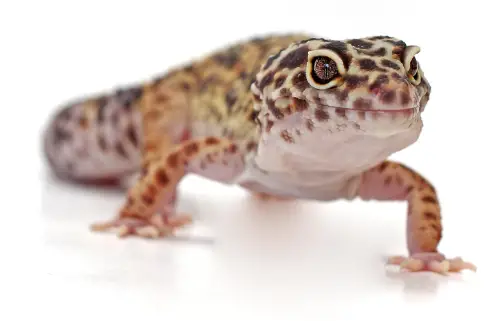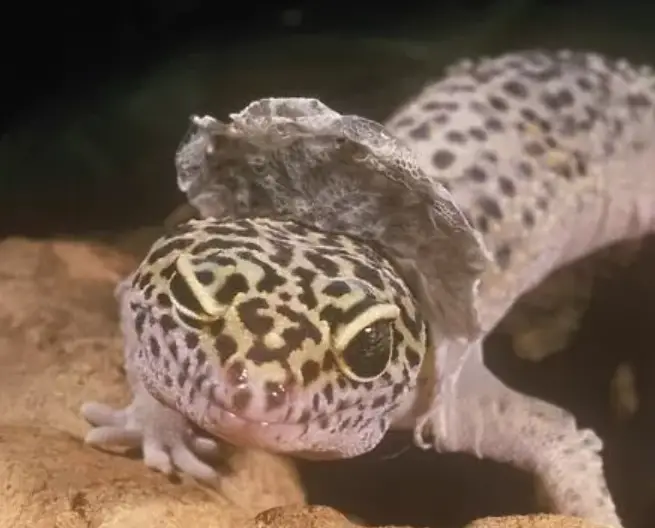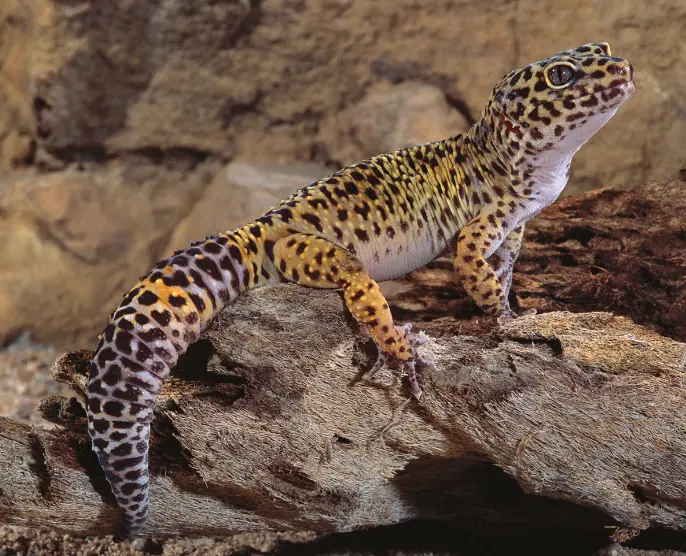Leopard geckos are becoming increasingly popular as pets, with their unique appearance and personalities. As exotic pets, owners often invest a lot of time and effort in making sure their leopard geckos are healthy and happy. One question that many owners have is whether their leopard geckos can get cancer. In this article, we will explore this topic in detail and answer some important questions.
What is cancer?
Cancer is a disease that occurs when abnormal cells in the body divide and grow uncontrollably, invading and damaging healthy cells and tissues. In animals, cancer can occur in any part of their body, including the skin, organs, and bones. Although cancer is common in humans, it is much rarer in animals, including leopard geckos.
Can leopard geckos get cancer?
Yes, leopard geckos can get cancer. While cancer in reptiles is relatively uncommon compared to mammals, it can still occur in a variety of forms in these animals, including in leopard geckos.
Some common types of cancer that can affect leopard geckos include:
- Hemangiosarcoma: a cancer that affects the blood vessels and can cause internal bleeding.
- Osteosarcoma: a type of bone cancer that can cause pain and lameness.
- Squamous cell carcinoma: a type of skin cancer that can cause lumps, bumps, or lesions on the skin.
If you suspect that your leopard gecko may have cancer, it’s important to take them to a veterinarian who specializes in exotic animals. They can perform a thorough examination and recommend appropriate treatment options, which may include surgery, radiation therapy, or chemotherapy.
What are the most common types of cancer in leopard geckos?
Leopard geckos are not known to develop cancer frequently, but when they do, some types of cancer are more commonly observed than others. Here are some of the most common types of cancer in leopard geckos:
- Lymphoma: Lymphoma is a cancer that affects the lymphatic system. In leopard geckos, it often presents as a swollen abdomen, and the lymph nodes may be visibly enlarged.
- Adenocarcinoma: Adenocarcinoma is a cancer that arises from glandular tissues. In leopard geckos, it may affect the liver or the pancreas, and signs may include weight loss, lethargy, and loss of appetite.
- Squamous cell carcinoma: Squamous cell carcinoma is a cancer that arises from the skin or the lining of the digestive tract. In leopard geckos, it may manifest as a lump or ulceration on the skin or inside the mouth.
It is important to note that these types of cancer are relatively uncommon in leopard geckos, and other health issues are more commonly seen in these animals. If you suspect that your leopard gecko may be ill, it is always best to consult with a reptile veterinarian.
What are the symptoms of cancer in leopard geckos?
Symptoms of cancer in leopard geckos can vary depending on the location and type of cancer, as well as the severity of the disease. Some common signs to look out for include:
– Lumps or growths on the body, which may or may not be visible
– Loss of appetite and weight loss
– Decreased activity and lethargy
– Abnormal behavior, such as hiding or avoiding contact with humans
– Changes in skin color or texture
– Difficulty breathing or coughing
If you notice any of these symptoms in your leopard gecko, it is essential to take them to a veterinarian who specializes in exotic animals as soon as possible.
What causes cancer in leopard geckos?
The exact causes of cancer in leopard geckos are not entirely known. However, some factors may increase their risk of developing cancer, including:
– Genetics: Some leopard geckos may have a genetic predisposition to certain types of cancer.
– Age: As with humans, the risk of cancer increases with age. Leopard geckos over six years are at a higher risk of developing cancer.
– Environmental factors: Exposure to environmental toxins, such as pesticides and chemicals, may increase the risk of cancer. UVB lights may also play a role in the development of certain types of cancer.
How can you prevent cancer in leopard geckos?
While it may not be possible to completely prevent cancer in leopard geckos, there are certain steps you can take to reduce their risk. For instance:
– Provide a healthy diet: Feeding your leopard gecko a balanced diet that meets their nutritional needs can help support their immune system and overall health.
– Keep their environment clean: Regularly cleaning their habitat and keeping their litter box clean can help reduce exposure to environmental toxins and harmful bacteria.
– Minimize exposure to UVB lights: Although UVB lights are essential for leopard geckos’ health, excessive exposure to UVB radiation can increase their risk of developing cancer.
– Provide proper lighting: Providing adequate lighting and a healthy day-night cycle can help support your leopard gecko’s overall health and reduce their stress levels.
– Regular check-ups: Regular veterinary check-ups can help detect potential health problems early, including cancer.
Conclusion
In conclusion, leopard geckos can develop cancer, but it is much rarer in them than other animals. Keeping them healthy by providing a balanced diet, clean environment, reducing UVB exposure, and providing proper lighting is the best way to prevent cancer. If you notice any symptoms of cancer in your leopard gecko, seek veterinary attention immediately. By being aware and proactive in your pet’s health care, you can help ensure they live long, happy lives.







